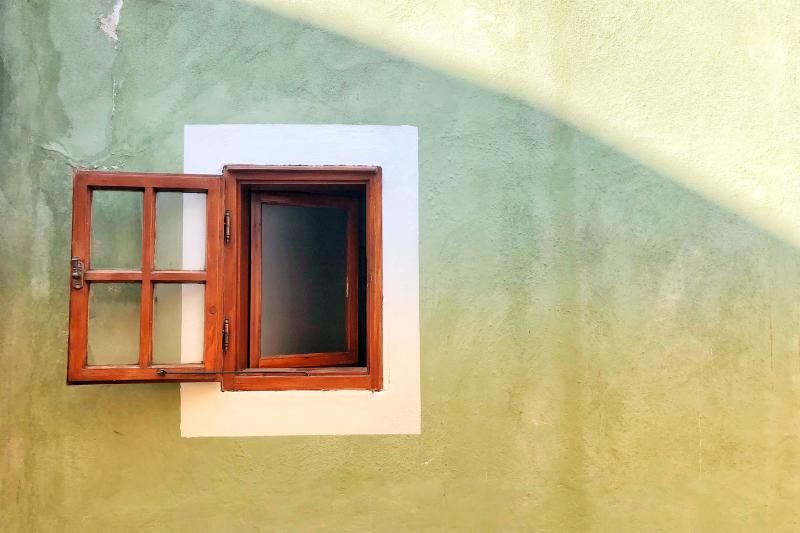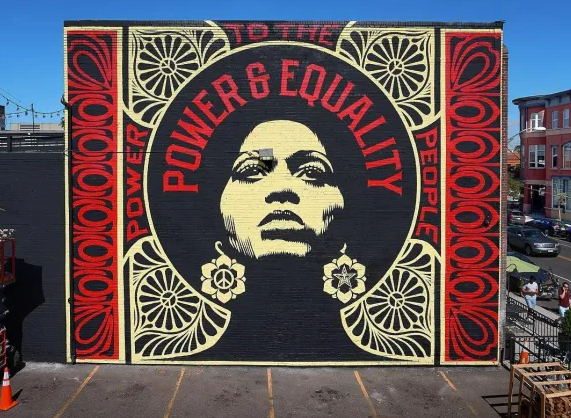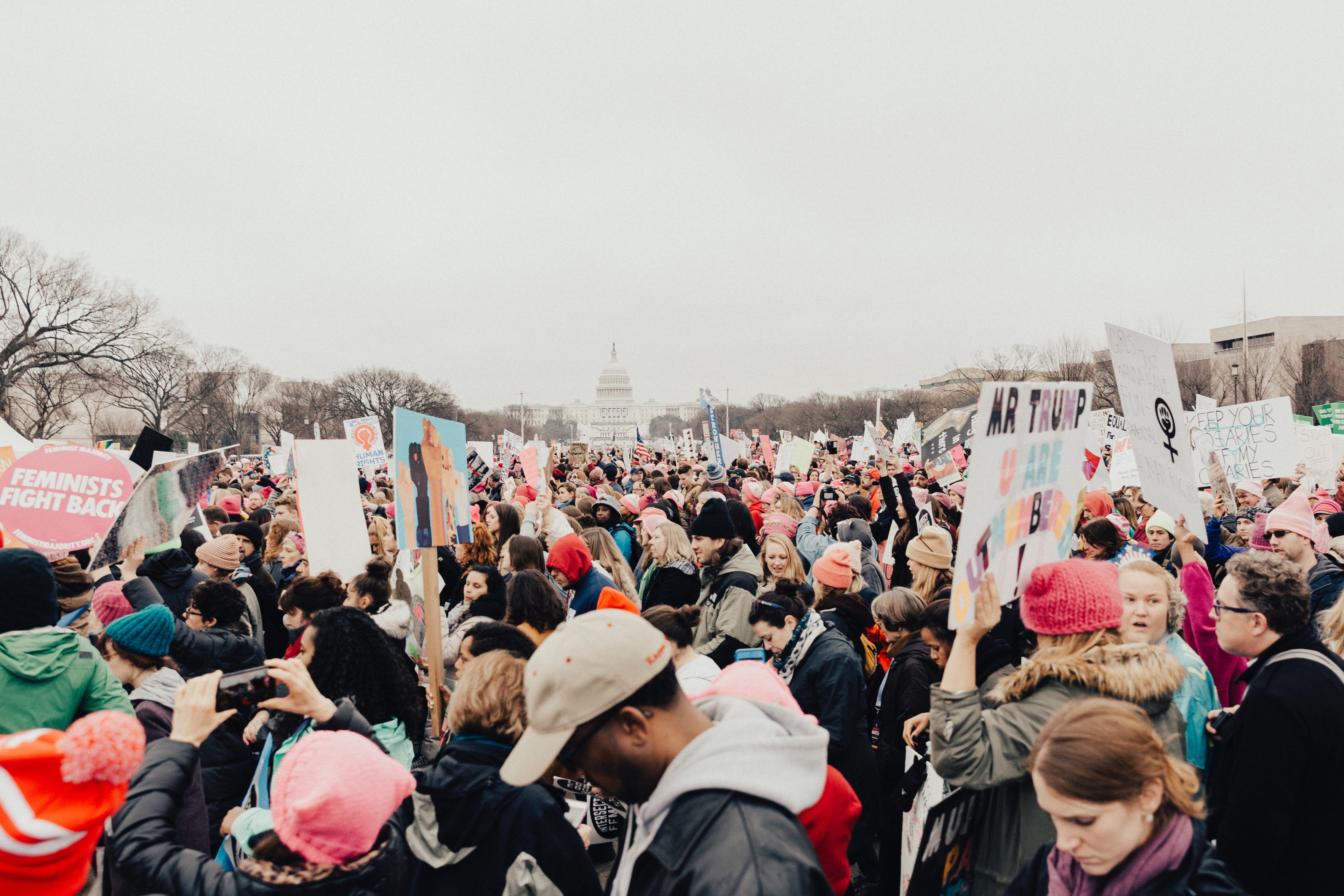The Harm of Quietistic Tendencies
By: Lauren Yehle, Political Science

Quietistic—crippled by what could go wrong and give up on politics as a meaningful pursuit. According to Marriam-Webster, quietism is “a passive withdrawn attitude or policy toward the world or worldly affairs.”
That word—quietistic—strikes me as an easy alternative to working through my identity as a privileged student (because of my race, economic status, ability, etc). I work for the Center for Community Engagement to Advance Scholarship and Learning (CCESL) at the University of Denver and have been working on a team with Dr. Kimberly Bender at the Graduate School of Social Work to disseminate research about youth experiencing homelessness. As part of my work with CCESL, I have attended a few formal lectures and conferences like the Allyship and Diversity Summits that deal with power and privilege. These summits and trainings have the potential to help me in my current and future community work. These trainings are uncomfortable spaces for me, as they should be. In these moments of discomfort, I reflect that I am more privileged demographically and economically than many people on and off my campus. In terms of demographics, I am a white, heterosexual, cisgender woman. In terms of the more invisible attributes, though I am attending the University of Denver on a full ride scholarship, I was raised upper middle class in California and Colorado suburbs and in the picturesque mountain town of Crested Butte. I’ve wanted very little and the more I learn about inequality reinforced through property values and education access, the more I recognize that I am where I am largely due to where I grew up and where my parents grew up. I am able bodied without prior injuries and have always had clean water and air. I eat vegetables and have two loving siblings. Even things that I take for granted, like a powerful passport and thick clothing for the cold, are privileges.
So, when I enter these diversity discussions with all my visible and invisible privileges, I feel awkward and tense. I listen and reflect on my peers’ experiences of feeling unwelcome on this campus and folks at the youth shelter uncertain if foster parents will allow them to return. Often, I’m at a loss. I come home and take a bath and retreat into my books. I read about public policy initiatives, like the housing projects of the 1960s and 1970s, failing. I read about big pharma, which seemed like they had a “cure for pain” back in the 1990s but is now responsible for the opioid crisis. Or European, proselytizing colonialists that thought they had solutions but actually destroyed people’s lives and/or cultures. I would like to think I have learned from their mistakes, but then again I carry all the privilege of my colonialist, white, capitalist ancestors. How can I think that I, of all people, will be different than the hundreds before me who thought they were doing good?
In an attempt to do no harm, why not quit all together? Maybe all I can do is try to be a nice person one on one and give up on bettering systemic barriers. I’m stuck somewhere between destroy the whole thing and rebuild a more just system from the ruins (even though I certainly shouldn’t take a leadership role in that reconstruction because white people have had their shot) and going back to my room and reading novels because I can’t do anything about any of it anyways. I know this seems drastic. One of my best friends Anna who works for CCESL as a Public Achievement Coach turned to me exasperatingly early in our friendship saying, “I just want to be the least problematic I possibly can be.” I feel this to a crippling extent.
I study political science and am intimately aware of how the institutions humans constructed reinforce power. However, there are a few avenues where racial, gendered, economic, and social justice could be addressed slowly and incrementally. So naturally, I can’t give up on voting or writing a few necessary letters to my senator. Even the Womxn’s March is a small burden for me to bear.
I don’t have any easy answers. I’m far from a solution, but I’m looking for a more productive way to fight my quietistic tendencies. Raising awareness through programming like the Diversity Summit, opportunities like my job through CCESL, and critical research lenses through gender and women’s studies are some vital ways that I keep at it. I still can’t figure out how to minimize harm though I think research may be the solution for me. I may be dubbed an armchair radical, but at least in the attempt to think through solutions and test theories we may get just a bit closer to a better society. Academia feels like the place of learning to maintain nuance and recognize the constraints of my own knowledge.
Post Script: After writing this blog, my coworker Ozy Aloziem directed me to whiteness studies, an offshoot of critical race theory. Though I do not have a firm enough grasp on the material to explain its lens, here is an article I found especially compelling: Bergerson, Amy Aldous. “Critical race theory and white racism: Is there room for white scholars in fighting racism in education?.” International Journal of Qualitative Studies in Education 16.1 (2003): 51-63.
Lauren Yehle will graduate June 2019 with a Bachelors of Arts with a major in Political Science and minors in history, economics, and Spanish. She is the Meeting Basic Needs Community Engaged Fellow at CCESL for the 2018-2019 academic year. She has been working with the Graduate School of Social Work on disseminating research about youth experiencing homelessness back to the communities that were surveyed for the realyst team. Lauren loves learning and hopes to pursue a PhD in Political Science with a keen eye on broader issues and involving the community in any future research. Lauren likes skiing with her sister, beatnik literature, and musicals. To find out more, visit her portfolio.


